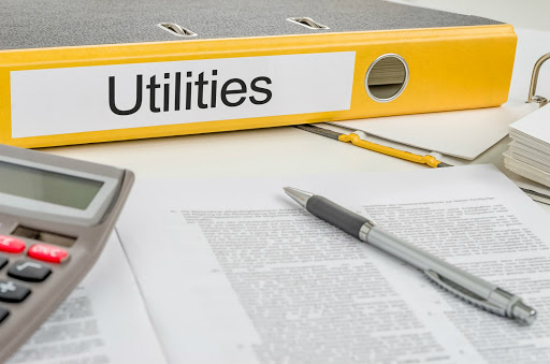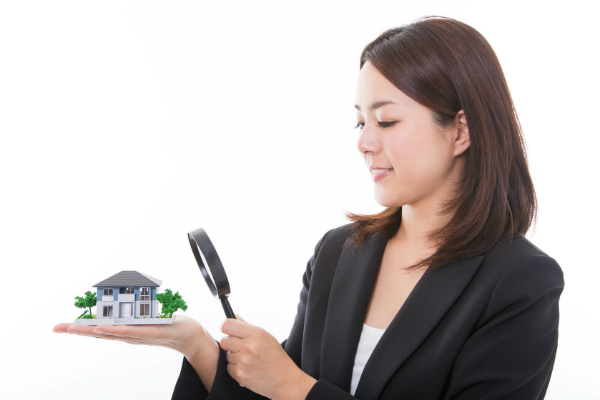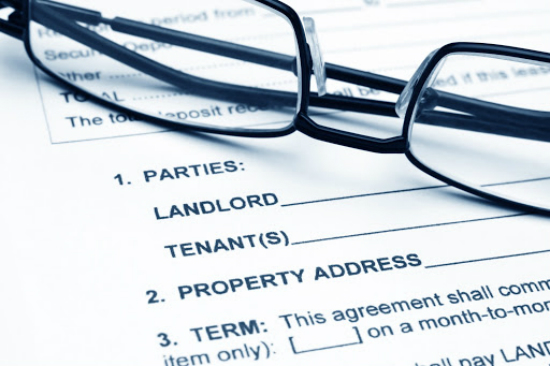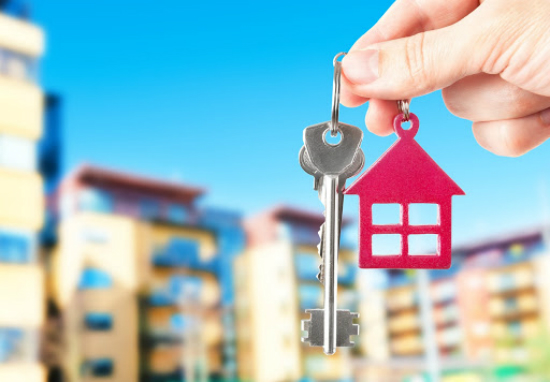So you’ve decided you want some extra income, and that the way to go about it is to rent out your property. Good move, we say!
But to begin the rental process wouldn’t be as simple as putting up a “For Rent” notice or advertisements on the internet.
There are some things you need to think about and do, before your property becomes suitable for tenants. Without further ado, let’s take a look at the more important ones.
1) Understanding a landlord’s responsibilities
This is one of the first things you need to consider – are you ready to shoulder the responsibilities of being a landlord?
When you become a landlord, you don’t simply get to sit back and collect money every month from your tenants.
You might receive calls from your tenants at unexpected hours because the refrigerator broke down, or the water pipes had suddenly burst.
You could also be held liable for the behaviour of your tenants, depending on your tenancy agreement. Other things for you to take note of, include:
-
Keeping the property in good shape is a shared responsibility
Both the tenant and landlord share the responsibility of keeping the property in good condition.
The tenant is responsible for the interior and living areas, while the landlord is responsible for the overall building/unit.
Things such as the structural integrity of the property and the exteriors fall under your purview as a landlord.
For example, there should be no leaks in the roofs and ceilings, cracked or mouldy walls, and peeling paint.
-
Dealing with issues pertaining to water, electricity and gas
Even if your tenant pays the utility bills, handling any complications that arise from these utilities is your responsibility as a landlord. These services are registered to your name, and not your tenant’s.
Having the tenant try to fix any problems will make the situation more complicated, since the agencies that oversee these utilities will require the owner to be present.
-
Maintaining the appliances and furniture
As a landlord, you’re also responsible for the upkeep of any appliances or furniture provided within the property.
Unless the items in question were obviously damaged by the tenant, you’re going to be the one to get it repaired or replaced.
Being a responsible landlord may seem like a lot of work, but a good landlord is not likely to ever run short on tenants’ needs.
2) Having Reasonable Rental Rates
Having reasonable rates doesn’t mean having the cheapest prices! You’ll need to consider how large your property is, as well as the rental prices of similar properties in the vicinity.
What are other landlords in the area charging for their properties? If your asking rent is too high, then it’s unlikely anyone will want to rent from you – no matter how nice your place is.
When deciding how much rent to ask for, you’ll also need to ask yourself if your property and the furnishings you provide are all going to be worth the price you put on it.
Will a prospective tenant be able to look at it and think to themselves, “This place is totally worth what the landlord is asking, what a great deal”? This brings us to the next point…
3) Make your property somewhere a tenant would love to live in
When you make the decision to rent out your property, it becomes a sort of business venture, and this means you need to treat it like one.
Your tenant will be living in your property for a while, and they should be able to feel comfortable and at home in it.
If the property you plan to rent out is dirty and dusty, has faulty plumbing and broken appliances, it’s hard to imagine any tenant would feel happy to be renting from you.
A well-maintained home assures prospective tenants that you’re a responsible landlord who will pay attention to their needs.
If your property looks old and run-down, consider giving it a professional cleaning and a fresh coat of paint to spruce it up.
Look over your property for anything that needs fixing or replacing. If you’re providing tenants with a fully-furnished unit, you’ll need to check that all the appliances and furnishings are in working order.
Additionally, if you’re going to factor these furnishings into the rental charge, you may be obligated by your tenancy agreement to continue maintaining and fixing these furnishings on a regular basis.
4) Get a reliable agent
You don’t need to handle everything on your own – in fact, it will be a huge help to yourself if you can engage a reliable and trustworthy property agent!
A neutral party is important for unbiased advice, since they won’t have any emotional connection to your property.
Your agent can help you look over your property and let you know what are the steps to be taken to ensure that potential tenants are lining up to sign with you.
They’ll also help you look for, and screen prospective tenants. This saves you valuable time and you don’t end up chasing leads that only become dead-ends.
5) Malaysia doesn’t have specific tenancy laws
When renting out your property, you should also note that Malaysia has no specific laws governing tenancies.
The tenancy agreement is the binding document between you and your tenant, and it also serves as the sole governing document of a tenancy.
PropertyGuru Tip
There is a difference between a tenancy and a lease. A tenancy is an agreement for a rental period that is less than three years. If the rental period is more than three years, it then becomes a lease.
The terms in a tenancy agreement are also based on mutual understanding, and both you and your tenant are allowed to object to clauses within it.
This agreement can be drafted by you, but if you’re new to being a landlord, it’s better to consult a legal professional to help you with it.
Once both of you have managed to reach a happy compromise, the contract can then be signed.
It needs to be stamped by the Malaysia Inland Revenue Authority in order to be valid, and a stamping fee will be charged.
A tenancy agreement should include the following:
- The tenancy period
- Option to renew
- Deposit and rental
- Mode of payment
- The landlord and tenant’s details
- Purpose of the tenancy
- Obligations of both parties
- Commencement and yield up dates
- Inventory list (fixtures, fittings, etc)
- Any special terms and conditions you may have
- GST, if applicable
6) Know that there’s a fair share of risks involved
Renting out your house is not going to be without its share of risks. Financially, for example, you could experience losses.
Every month that you aren’t collecting rent is money lost to maintenance and other miscellaneous fees.
You might get bad tenants who end up damaging your property, or flake out on paying rent. This can snowball into higher costs because you’ll need to clean up after them before you can find a new tenant.
Renting out your house for income has its own unique challenges and benefits. If you’ve already decided to rent your property out and are considering between short and long-term rentals, note that there are differences you might not be aware of. Find out more in this article!
Keep Track of New Launches
Visit our new launches page to find the new launch project of your dreams and submit an enquiry today.

Disclaimer: The information is provided for general information only. PropertyGuru International (Malaysia) Sdn Bhd makes no representations or warranties in relation to the information, including but not limited to any representation or warranty as to the fitness for any particular purpose of the information to the fullest extent permitted by law. While every effort has been made to ensure that the information provided in this article is accurate, reliable, and complete as of the time of writing, the information provided in this article should not be relied upon to make any financial, investment, real estate or legal decisions. Additionally, the information should not substitute advice from a trained professional who can take into account your personal facts and circumstances, and we accept no liability if you use the information to form decisions.









